Improve reading skills Building Vocabulary Worksheets for Ages 5-8
13 filtered results
-
From - To
Enhance your child's reading abilities with our "Improve Reading Skills: Building Vocabulary Worksheets" designed specifically for ages 5-8. These engaging worksheets offer a fun and interactive way for young learners to expand their vocabulary and boost comprehension. Each worksheet focuses on essential language skills, including word recognition, synonyms, antonyms, and context clues, making learning both enjoyable and effective. Our carefully crafted activities encourage critical thinking and reinforce what your child is learning in school. With colorful illustrations and age-appropriate challenges, these resources are perfect for parents and educators aiming to foster a love for reading and learning in young children.
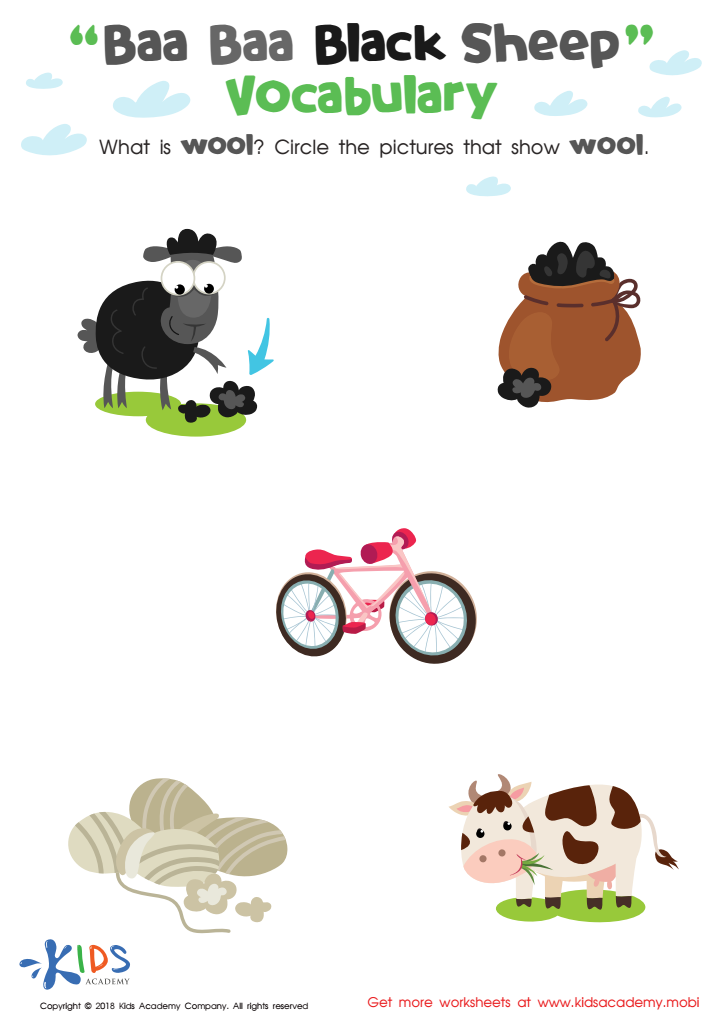

Baa Baa Black Sheep: Vocabulary Worksheet
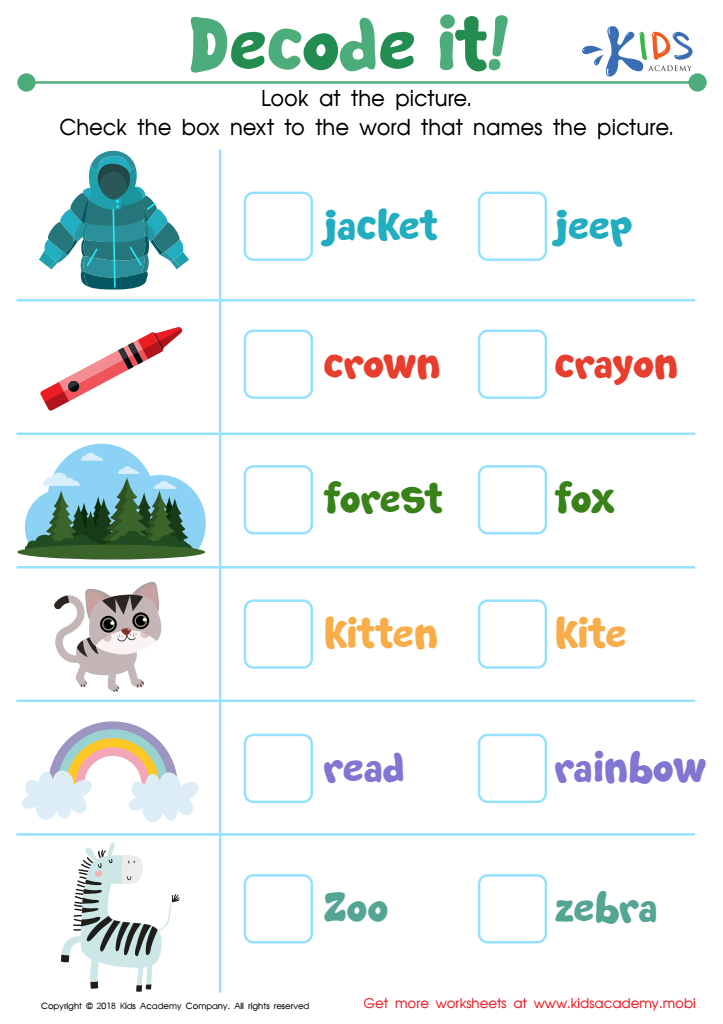

Reading: Decode It Worksheet
Improving reading skills and building vocabulary in children aged 5 to 8 is crucial for multiple reasons. At this developmental stage, children are rapidly learning how to communicate, comprehend, and express their thoughts. A strong reading foundation not only enhances their academic success but also supports their social and emotional growth.
When parents and teachers focus on vocabulary development, they equip children with the necessary tools to articulate their ideas and feelings. A robust vocabulary fosters confidence in children, allowing them to engage more effectively in conversations and classroom discussions. This skill becomes instrumental in comprehending complex texts and subject matter as they progress in school.
Additionally, enhanced reading skills correlate with improved critical thinking abilities. Children can analyze, infer, and connect ideas, which lays the groundwork for lifelong learning. Immersing young learners in diverse linguistic experiences through books, discussions, and activities enriches their cognitive abilities and instills a love for literature.
In conclusion, supporting reading skills and vocabulary development is vital for fostering well-rounded, capable learners who can thrive academically and socially. Encouraging this growth early on ensures brighter futures and a more adept engagement with the world around them.

 Assign to My Students
Assign to My Students











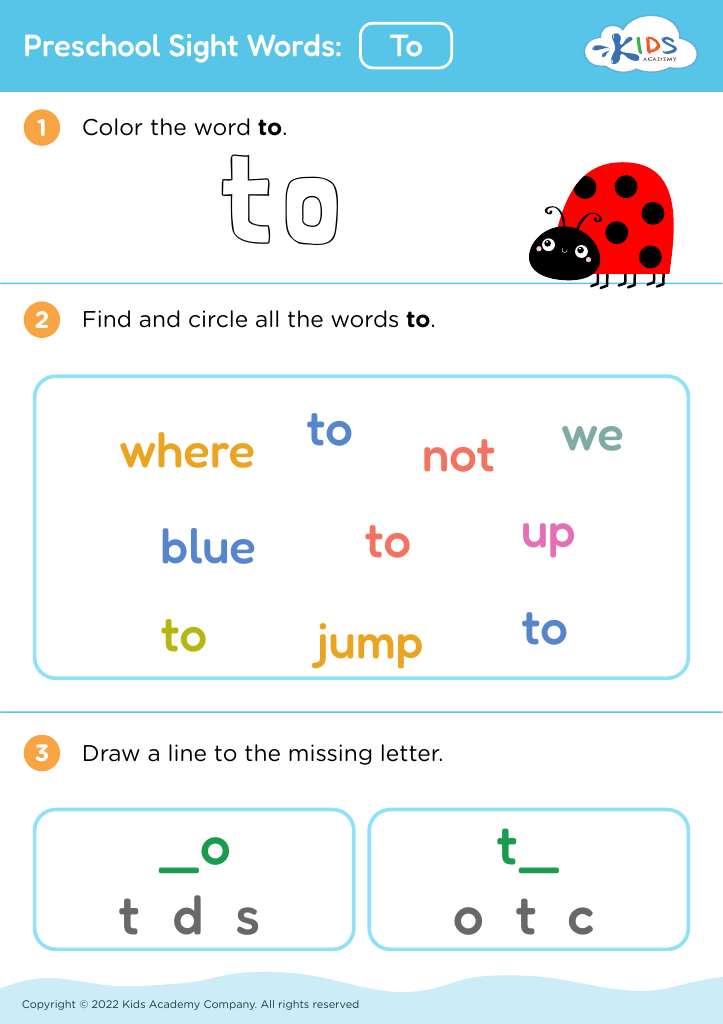
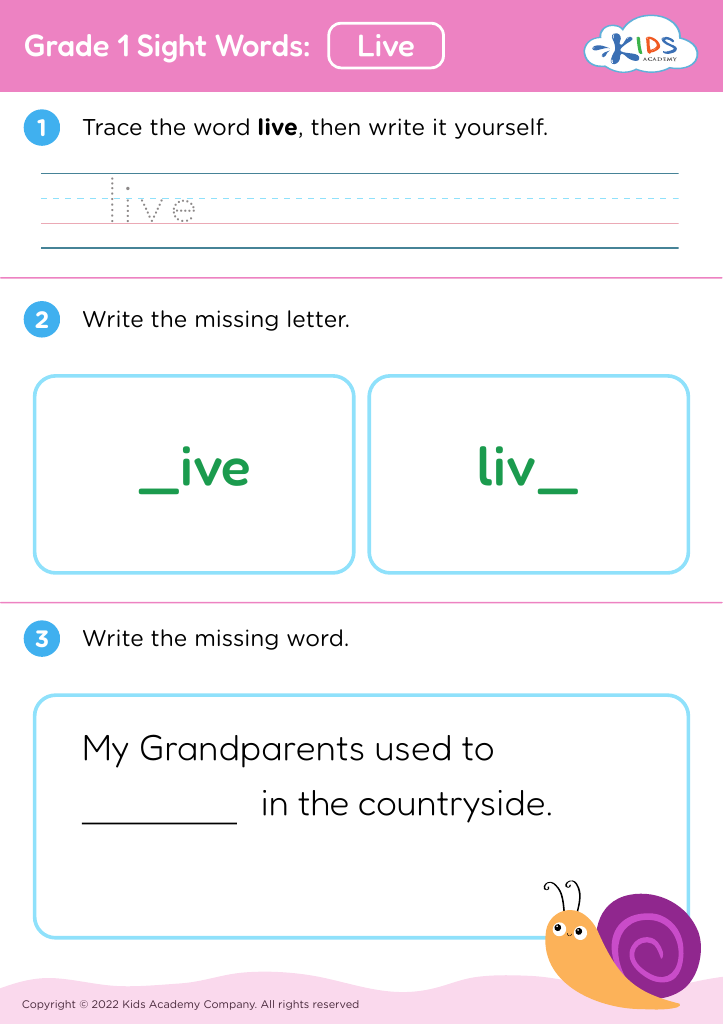
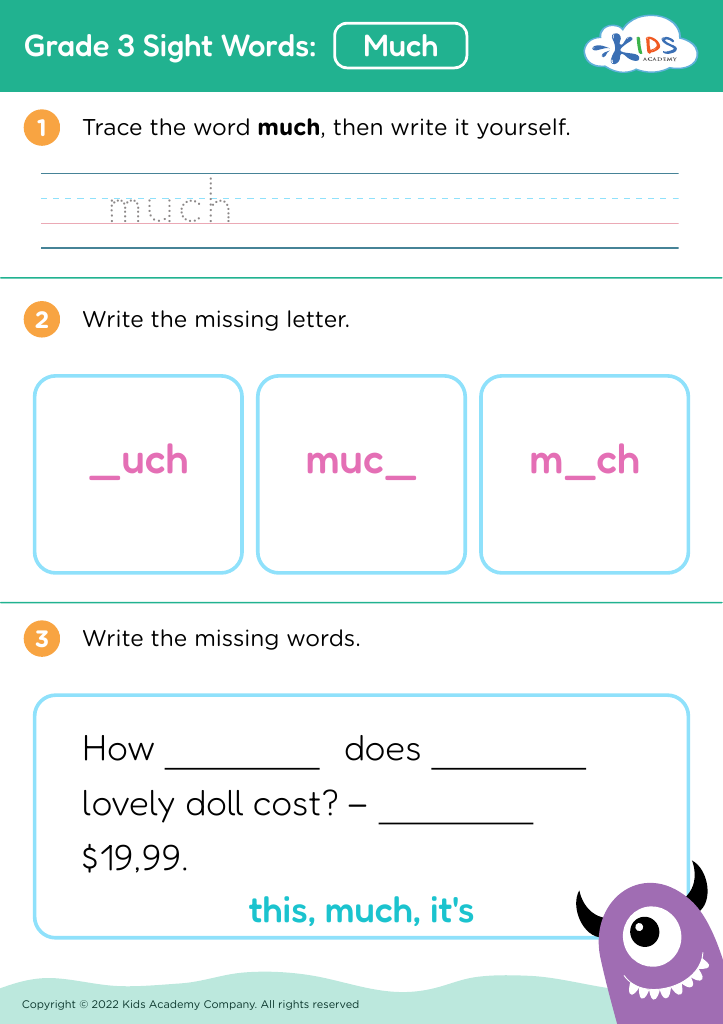


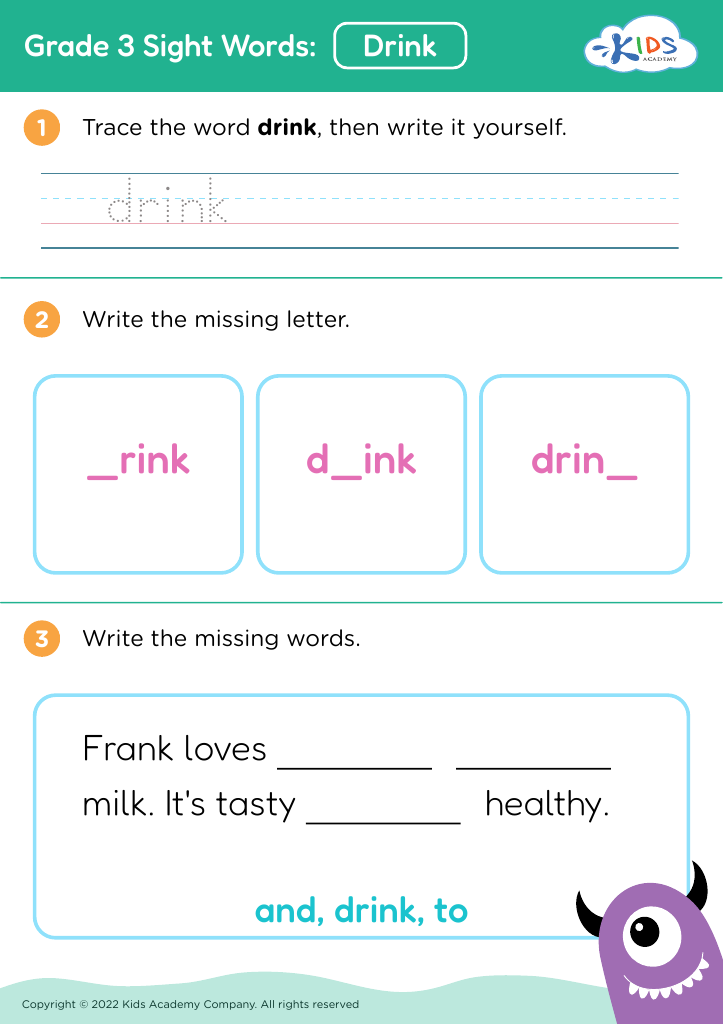
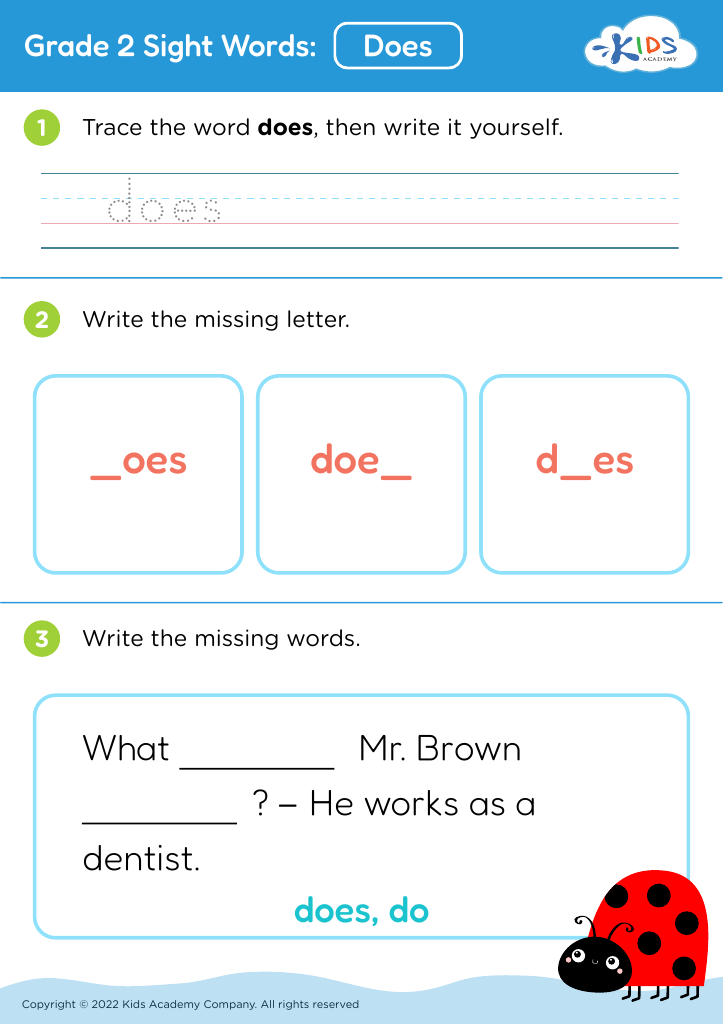
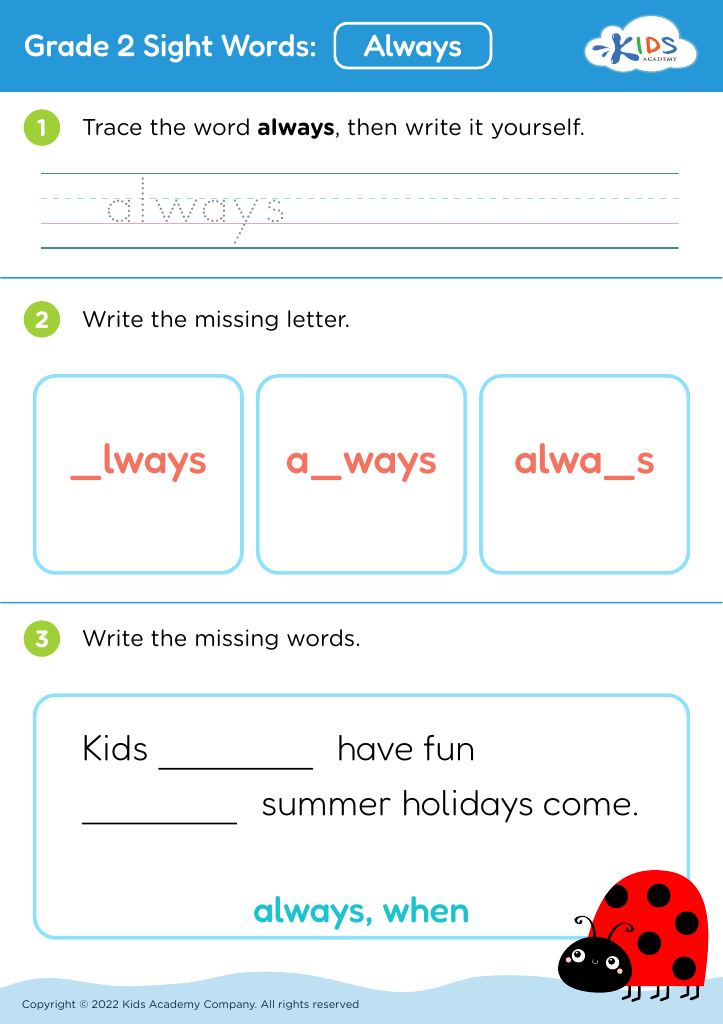


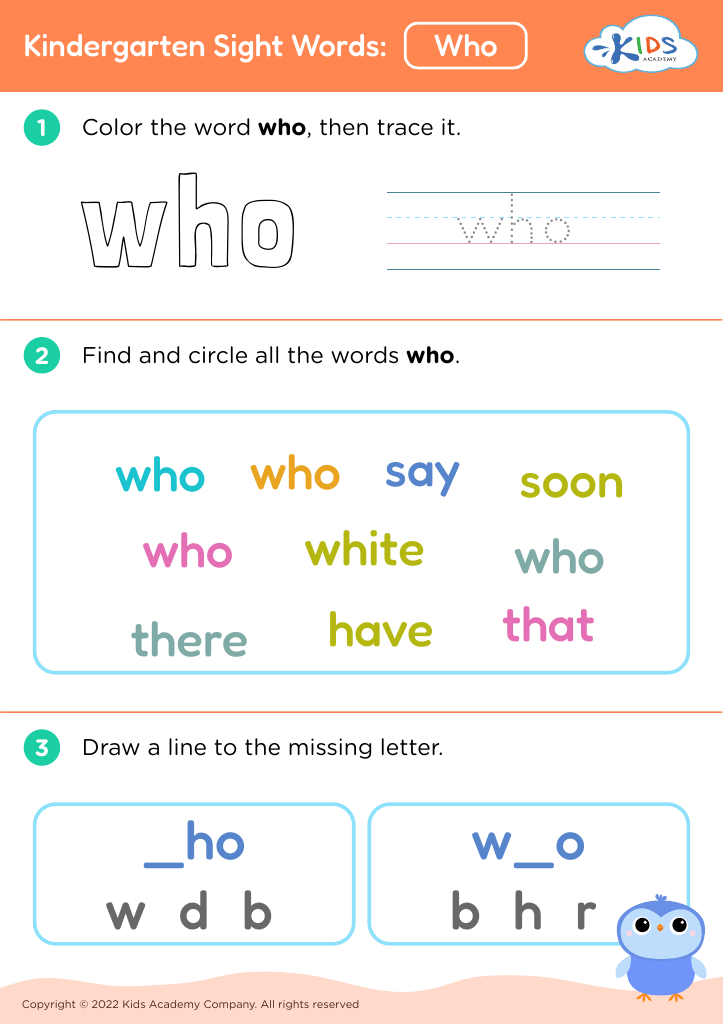
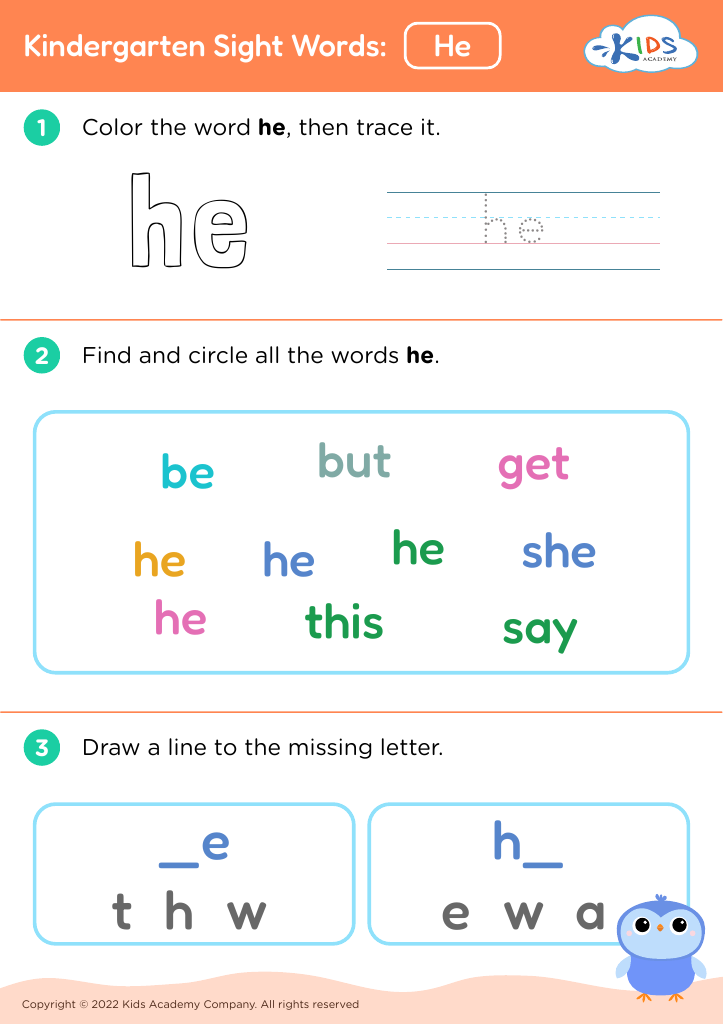
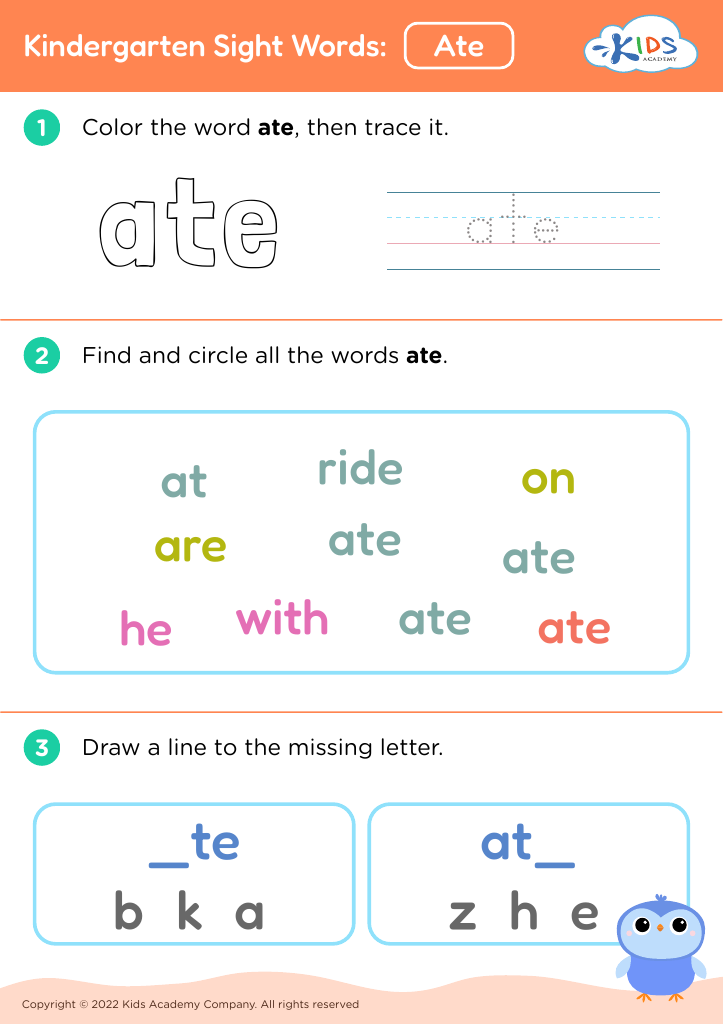



.jpg)















